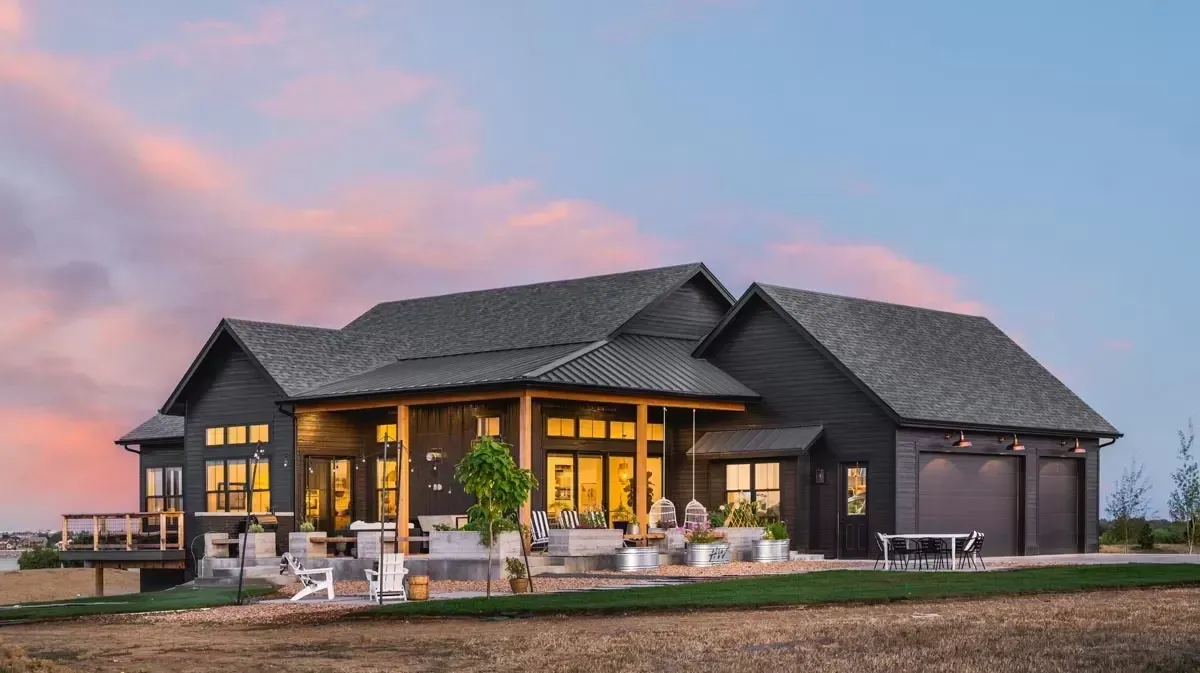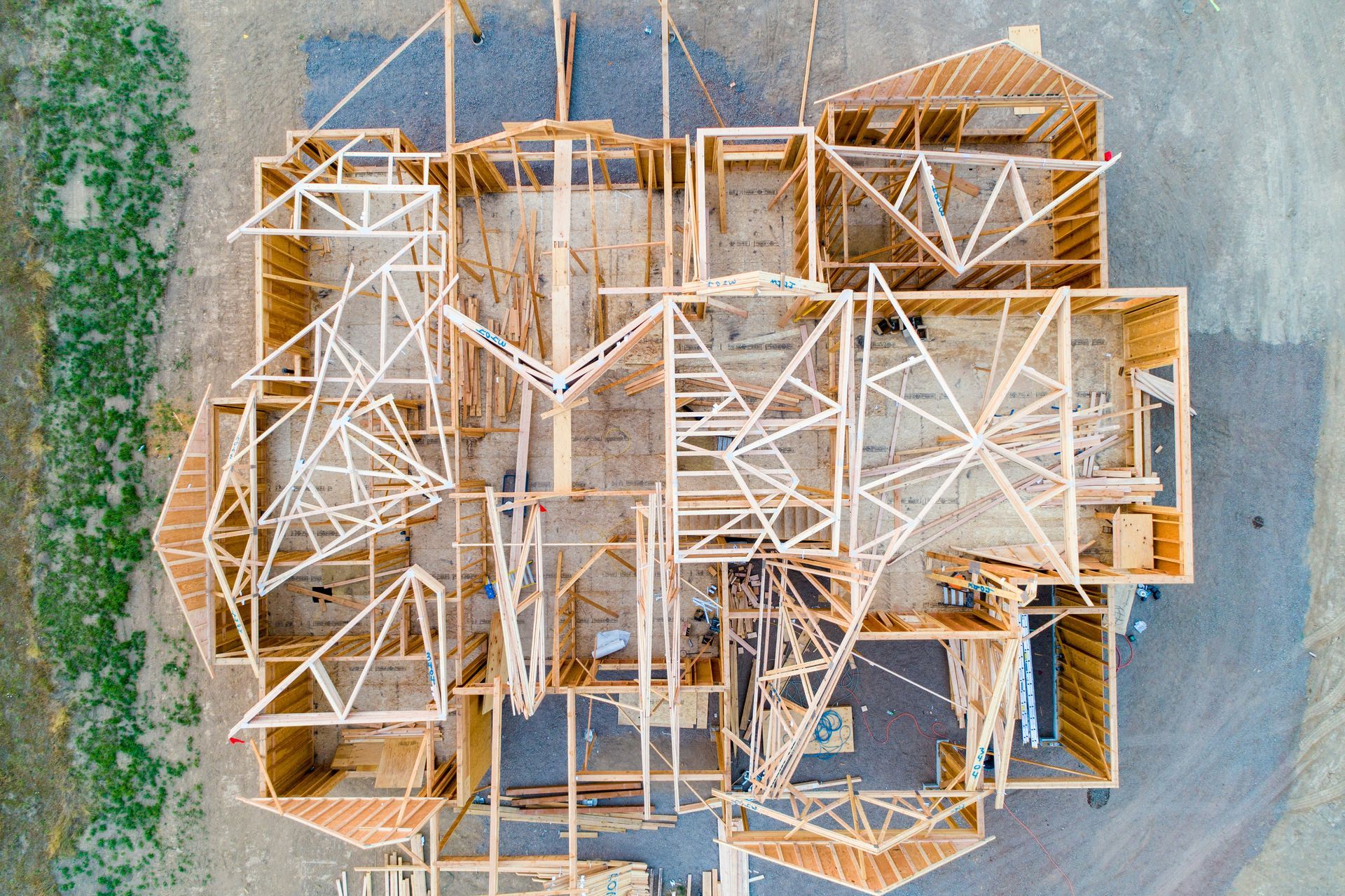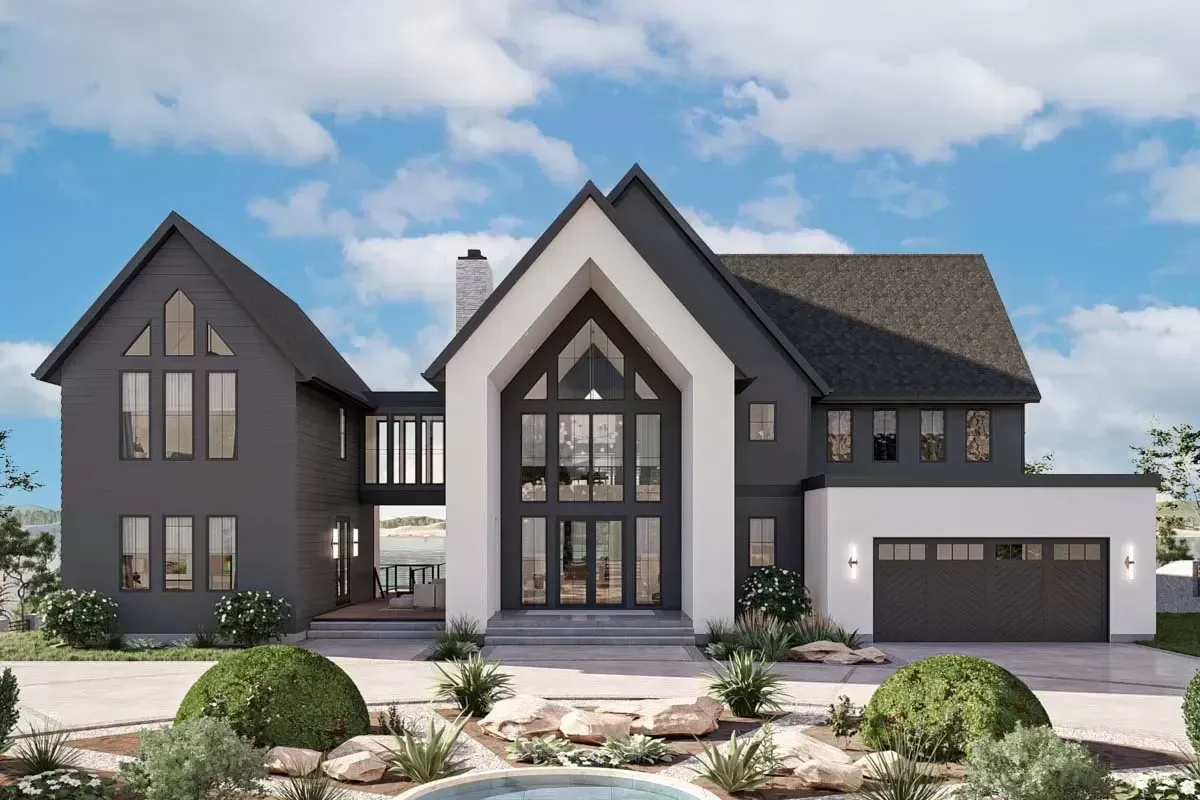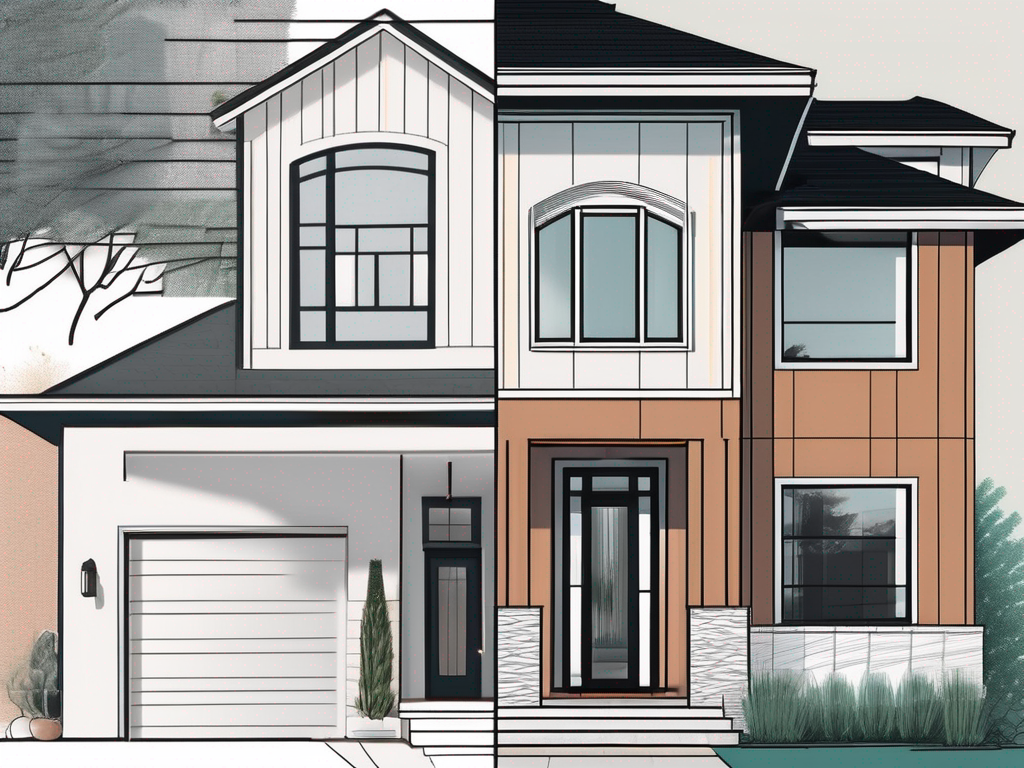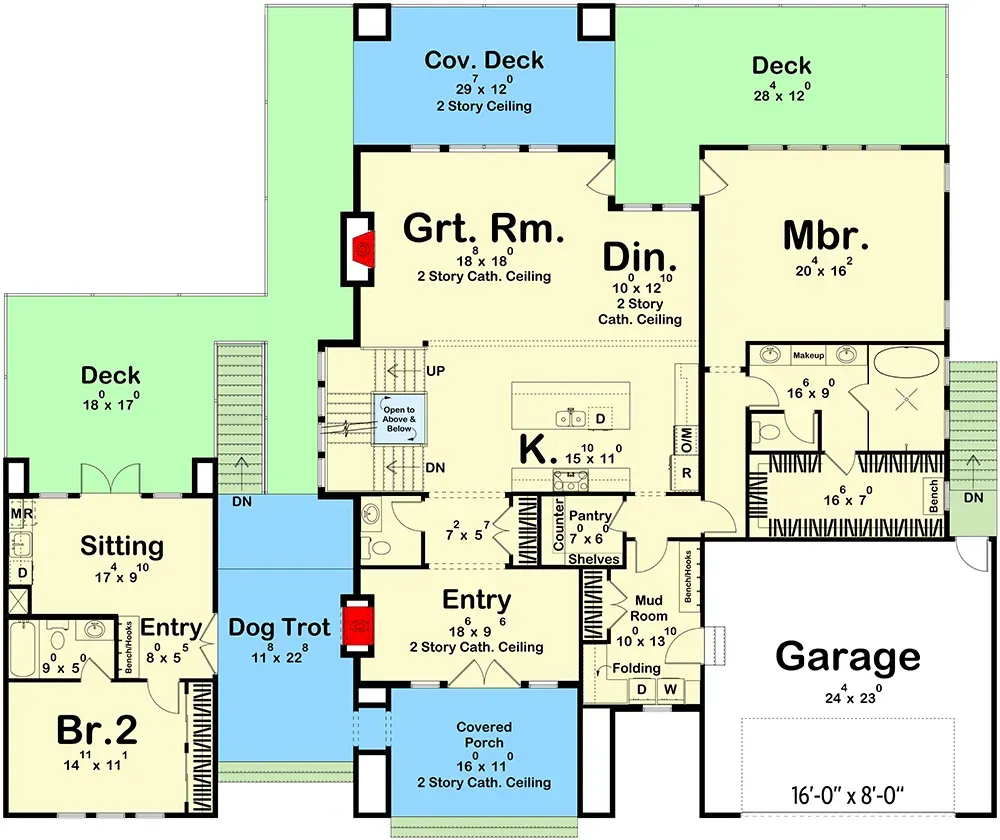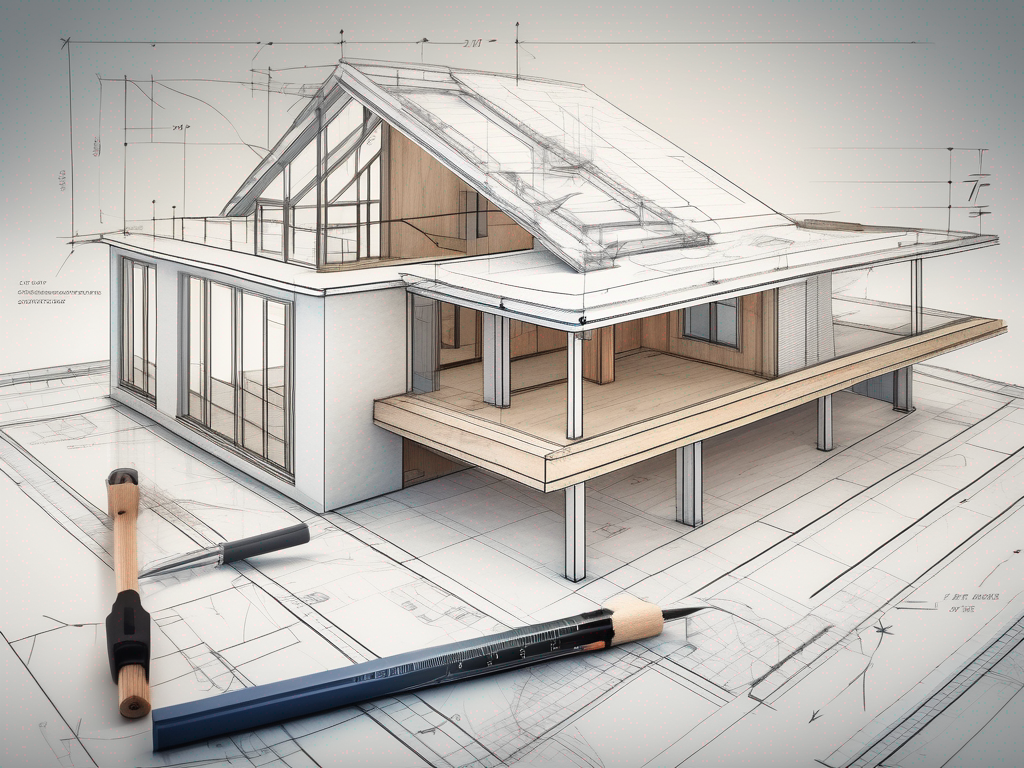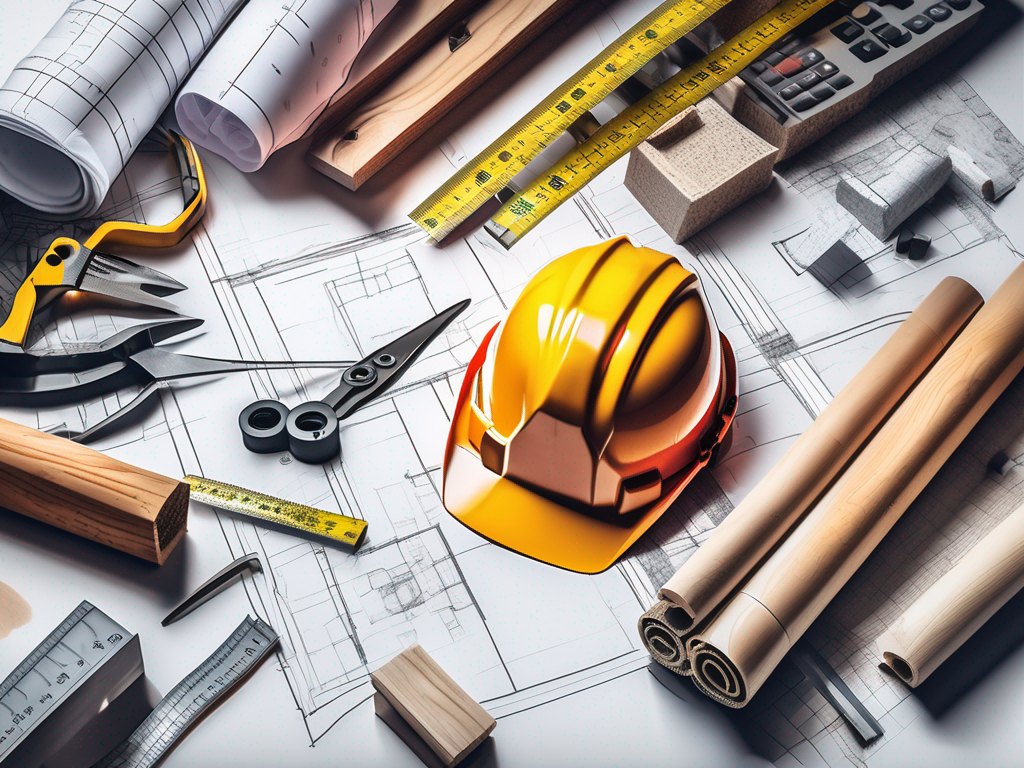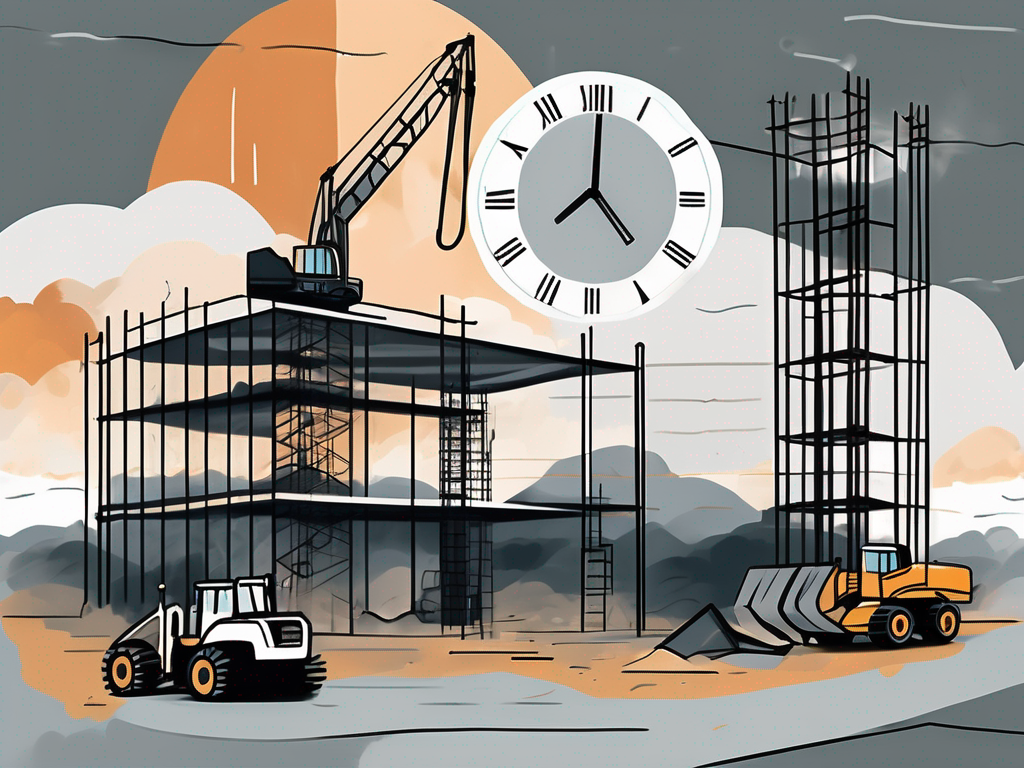Smart Homes: Integrating Technology into Your New Build
Smart Homes: Integrating Technology into Your New Build
In today's fast-paced world, smart home technology is becoming an essential aspect of modern living. As homeowners increasingly seek convenience, security, and sustainability, integrating technology into new builds is evolving from a luxury to a necessity. In this article, we will explore the nuances of smart homes, the benefits of their integration, and provide practical advice for planning your smart home journey efficiently.
Understanding Smart Home Technology
To fully appreciate the plethora of possibilities a smart home offers, it's crucial to understand what defines smart home technology. In essence, a smart home utilizes internet-connected devices to facilitate remote management and monitoring of systems within the home.
The Concept of Smart Homes
The concept of smart homes revolves around the intentional connectivity of various household systems and appliances. These systems communicate with each other, creating an integrated environment that can be managed via smartphones or tablets. From controlling lighting and heating to monitoring security systems, smart homes empower homeowners with unprecedented control and efficiency. This interconnectedness not only enhances daily living but also contributes to energy conservation, as homeowners can optimize their usage patterns based on real-time data and analytics.
Moreover, the evolution of smart home technology has paved the way for innovative solutions that cater to specific needs. For instance, elderly individuals or those with disabilities can benefit immensely from smart home features that allow for voice-activated controls or automated systems that ensure safety and comfort. This inclusivity is a significant aspect of the smart home movement, making it accessible and beneficial to a broader audience.
Key Components of a Smart Home
Several key components constitute a smart home setup, including:
- Smart hubs: These act as the central command points for home automation.
- Smart appliances: Devices such as refrigerators and washing machines that can be controlled remotely.
- Smart lighting: Systems that can be programmed or adjusted through mobile apps.
- Security systems: Cameras and alarms that enable remote monitoring.
- Smart thermostats: Climate control systems that learn user preferences to optimize energy use.
Each component enhances the level of interactivity in the home, ensuring that convenience and safety go hand-in-hand. Additionally, the integration of artificial intelligence into these components allows for predictive functionalities, where systems can anticipate user needs based on past behaviors. For example, smart thermostats can adjust temperatures before a homeowner arrives, while smart lighting can create the perfect ambiance based on the time of day or activity.
Furthermore, the rise of smart home technology has also introduced the concept of energy management systems that monitor and optimize energy consumption across devices. Homeowners can receive insights into their energy usage patterns, allowing them to make informed decisions that not only reduce utility bills but also contribute to a more sustainable lifestyle. As the technology continues to evolve, the possibilities for customization and efficiency in smart homes are virtually limitless, making them an exciting frontier in modern living.
Benefits of Integrating Technology into Your New Build
Opting for smart home technology during the construction of a new building offers numerous benefits that can greatly enhance the living experience.

Enhancing Comfort and Convenience
One of the primary advantages of smart homes is the enhancement of comfort and convenience. With just a tap on your smartphone, you can adjust the temperature, switch on/off lights, or even control your entertainment system. Homeowners can enjoy a tailored living experience that meets their specific needs. Additionally, voice-activated assistants can streamline daily tasks, allowing you to manage your home hands-free. Imagine waking up to the gentle illumination of your bedroom lights, while your coffee maker starts brewing your favorite morning blend—all orchestrated by simple voice commands or pre-set schedules.
Boosting Home Security
Smart home technology significantly boosts home security. The integration of advanced security systems allows homeowners to monitor their houses in real-time. Features like motion sensors, video surveillance, and automated locks provide peace of mind and deter potential intruders. Moreover, many systems can send instant alerts to your smartphone if they detect unusual activity, enabling you to respond quickly, even when you're miles away. The ability to remotely control your security settings means you can lock doors or view live camera feeds from anywhere, making it easier to keep your home safe and secure.
Energy Efficiency and Sustainability
Energy efficiency is a growing concern for many homeowners. Smart technology allows for more precise control over energy consumption, contributing to cost savings and environmental benefits. Smart thermostats can learn your heating and cooling patterns, helping to minimize waste and reduce energy bills. In addition to thermostats, smart lighting systems can automatically adjust based on natural light levels, ensuring that energy is used only when necessary. These systems not only reduce your carbon footprint but also promote a more sustainable lifestyle, allowing you to track your energy usage and make informed decisions that benefit both your wallet and the planet.
Improved Home Management
Integrating technology into your new build also streamlines home management tasks, making everyday life more efficient. Smart appliances, such as refrigerators that can track expiration dates and suggest recipes based on available ingredients, help minimize food waste and simplify meal planning. Moreover, smart irrigation systems can optimize water usage in your garden by adjusting schedules based on weather forecasts, ensuring your plants receive the right amount of hydration without unnecessary waste. This level of automation not only saves time but also enhances the overall functionality of your home, allowing you to focus on what truly matters.
Increased Property Value
Investing in smart home technology can also lead to an increase in property value. As more buyers seek homes equipped with modern conveniences, having a smart home can make your property stand out in a competitive market. Features like integrated home automation systems, energy-efficient appliances, and advanced security measures are increasingly viewed as desirable amenities. By incorporating these technologies during the construction phase, you not only enhance your living experience but also position your home as a forward-thinking investment that appeals to future buyers.
Planning for Smart Home Integration
Integrating smart technology into your new build requires careful planning to ensure a seamless experience.
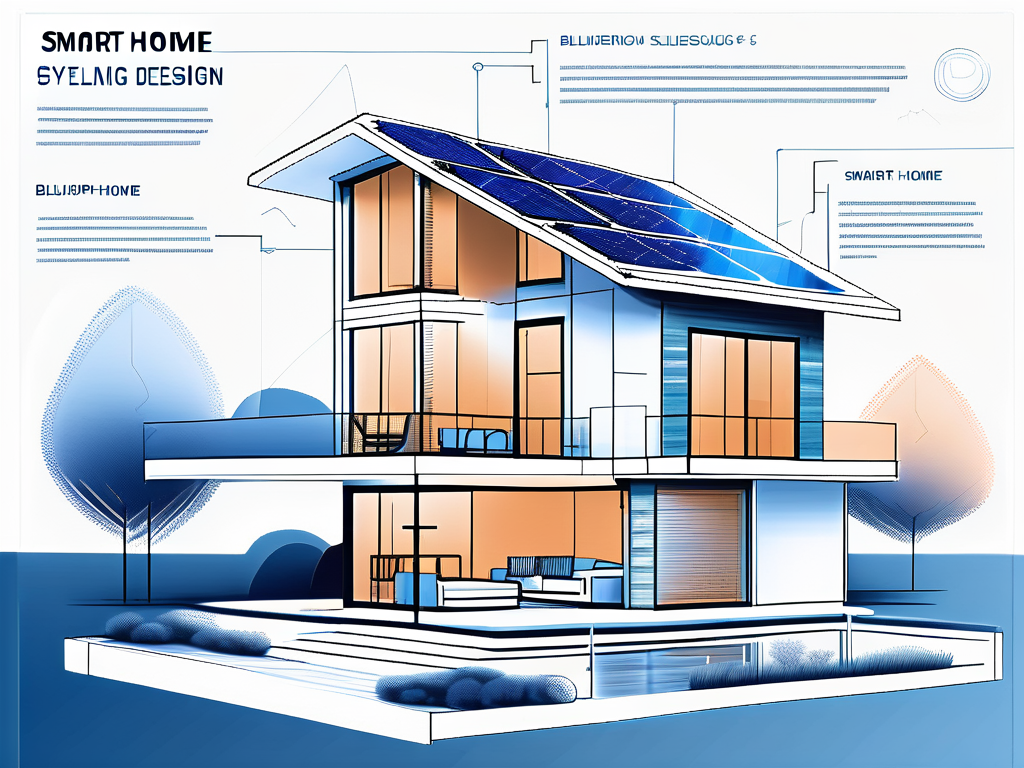
Assessing Your Needs and Preferences
It's vital to begin by assessing your specific needs and preferences. Consider how you envision utilizing technology in your daily routine. Ask yourself questions like: Do you need heightened security? Are you looking for energy-saving solutions? Understanding your requirements will help you make informed decisions throughout the process.
Budgeting for Smart Home Technology
Budgeting is a crucial part of the planning process. Smart home technology can range widely in price, so it’s essential to establish a realistic budget that reflects the features most important to you. Keep in mind that investing in smart technology may lead to savings in energy costs and insurance premiums in the long run.
Popular Smart Home Technologies for New Builds
There are various smart technologies suitable for new builds, each designed to improve functionality and enhance the homeowner's experience.
Home Automation Systems
Home automation systems serve as a backbone for other smart devices. They enable various devices to communicate, offering centralized control through a single interface, often accessible via smartphones. Such convenience is invaluable for homeowners seeking to manage multiple aspects of their home from one platform.
Smart Lighting and Heating Systems
Smart lighting and heating systems are transformative in enhancing the ambiance of a home. With programmable schedules and voice control, these systems not only create a more inviting environment but also maximize energy efficiency.
Advanced Security Systems
Security is paramount in any home, and advanced security systems provide state-of-the-art protection. With features such as video doorbells, smart locks, and motion detector lights, homeowners can monitor their property from anywhere and receive alerts in real-time.
Installation Process of Smart Home Technologies
Once you’ve chosen the appropriate smart technologies for your new build, understanding the installation process is vital for ensuring optimal performance.
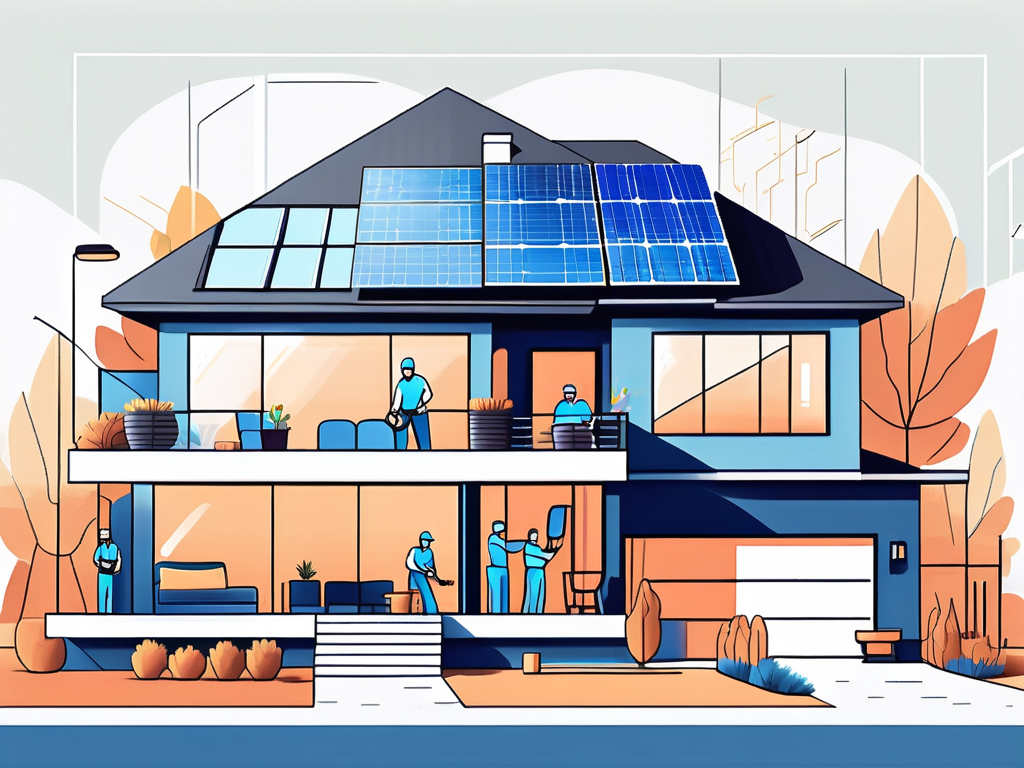
Professional vs DIY Installation
Homeowners often face the choice between professional installation and tackling the project themselves. While DIY can save costs, professional installation ensures a high standard of setup, especially for complex systems requiring integration. Consider your comfort level and the potential challenges before making a decision.
Integrating Systems for Seamless Functioning
Finally, integration is key to unlocking the full potential of smart home technology. Ensure that your chosen systems can work together without conflict. Consulting with experts like TurnKey Homes can provide valuable insights into achieving a seamless setup tailored to your home.
Article Summary
- Smart homes are defined by their interconnected devices that enhance convenience, comfort, and security.
- The integration of technology into new builds brings numerous benefits including energy efficiency.
- Careful planning, including assessing your needs and budgeting, is essential for successful integration.
- Popular smart technologies include home automation, smart lighting, heating systems, and advanced security systems.
- The installation process can be approached as a DIY project or through professional services, depending on complexity.
Embracing smart home technology in your new build is not just about modernizing your living space; it’s about creating a home that is efficient, secure, and tailored to your lifestyle. With the right planning and expert guidance, you can maximize the benefits of technology while enjoying a comfortable and enhanced living experience.
Let’s talk about your project
Fill out the form, or call us to set up a meeting at
We will get back to you as soon as possible.
Please try again later.

